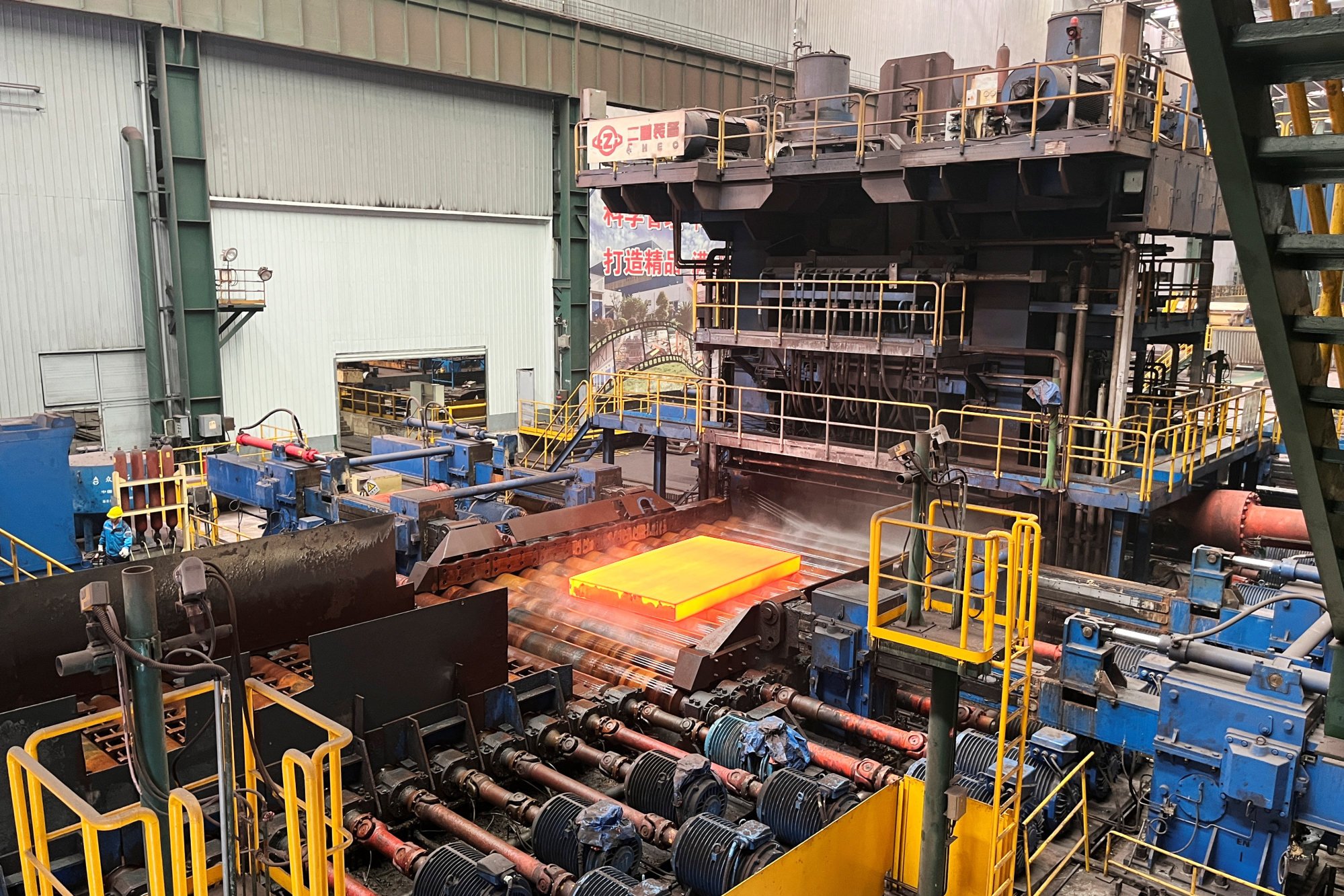
Climate finance: China’s Ping An Bank lends US$25 million to Inner Mongolia steel maker to capture carbon emissions
- The loan will help fund a pilot carbon capture, utilisation and storage project with Baotou Iron and Steel Group
- Project aims to reduce carbon-dioxide emissions by 365,300 tonnes per year, equivalent to the absorption capacity of 19 million trees
It is the first carbon capture, utilisation and storage (CCUS) project “encompassing the whole [supply] chain of China’s steel industry,” with a total annual processing capacity of 2 million tonnes of waste gas when completed, the bank said on Tuesday.
When the 500,000-tonne-a-year first phase, which began construction last year, is completed, it is expected to help Baotou reduce carbon-dioxide emissions by 365,300 tonnes per year, according to a statement from the bank. That is equivalent to the carbon-absorption capacity of around 19 million trees.

“CCUS technology plays a key role in achieving carbon neutrality as it effectively reduces carbon emissions by capturing it from industrial emission sources and either using it or injecting it into geological formations for storage,” the bank said.
Around 54 per cent of global steel output last year took place in China, according to the World Steel Association.
Ping An has so far delivered about 13 million yuan of the loan, with more disbursements to be made in the future based on the progress of the project.
The People’s Bank of China, the nation’s central bank, is formulating standards for transition finance to be applied in four sectors: iron and steel, coal and electricity, building materials and agriculture, the bank said.
“Related fiscal, monetary and policy-based guarantees will be introduced shortly,” it added.
The bank is providing transition-finance services covering fixed-asset loans for energy-saving technical upgrades, commercial-paper discounting for scrap steel, sustainability-linked loans, and emission-rights mortgage loans.
Commercial paper is a short-term debt instrument issued by companies to finance short-term liabilities such as payroll and inventories.
Steel companies can raise funds by selling their scrap steel-backed commercial paper to buyers at a discount to face value.
By offering scrap steel-backed discounting service to steel companies, Ping An can encourage the construction of electric arc furnaces and the phasing down of blast furnaces.
Sustainability-linked loans are granted to companies that have set specific sustainability performance targets, such as companywide carbon emission reductions. The interest rate of the loan may increase if the borrower fails to achieve the agreed-upon targets.
Mortgage loans for carbon-emission rights allow banks to use as collateral emission quotas traded among emitters in the carbon exchange in Shanghai.
So far such quotas have only been imposed on the electricity-generation sector in China, with seven other carbon-intensive industries expected to be covered by 2025.
Besides Baotou Iron and Steel, Ping An Bank has also provided 1.6 billion yuan in transition loans to Guangxi Zhuang autonomous region’s Liuzhou Iron and Steel Group. The loans were for waste steel recycling, recycling of waste heat from iron-making processes and other technology upgrades.


